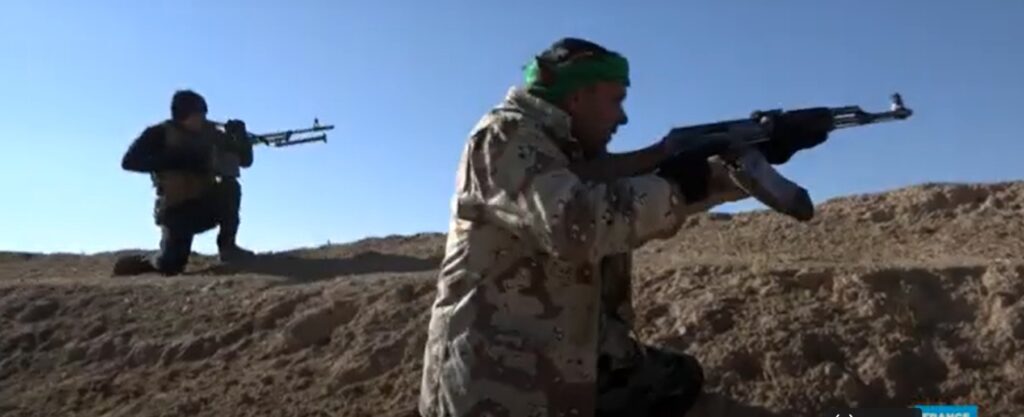Iran is preparing for the possibility of an expanded campaign against Israel and is trying to prevent the collapse of Hamas rule in Gaza following the military successes of the IDF and Shin Bet.
Within this framework, the Houthis in Yemen have opened a representative office in Baghdad, Iraq, to strengthen military cooperation with the Shia militias.
The head of the office is Abu Idris al-Sharafi. The office was opened under Iranian guidance and with the approval of the Iraqi government, and is well secured.
From Israel’s point of view, this is a dangerous development, as the Houthis in Yemen and the Shiite militias in Iraq have begun launching missiles and UAVs at Israel simultaneously to disrupt its air defense system.
Abu Idris al-Sharafi moves between Baghdad and Tehran to coordinate with the “Revolutionary Guards” the attacks on Israeli territory and on ships in the Red Sea and the Gulf of Aden that sail to Israel, as well as on American targets in Iraq and Syria.
During a recent press conference, Abu Idris al-Sharafi stated, “According to Iran’s instructions, the Houthi militias participated in attacks on targets in the city of Eilat, and the next target for the attack is the port of Haifa.”
Abu Idris’ full name is Ahmed al-Sharafi from the Hajjah district in Yemen.
He is an operative of the Houthis’ “Ansar Allah” militia and holds coordination meetings with representatives of the Iraqi government and commanders in “Al-Hashd al-Shaabi,” the umbrella organization of the Shiite militias in Iraq.
His physical presence in Baghdad indicates a high level of coordination within the Iranian axis of resistance against Iran’s regional enemies.
The Houthis and the Shiite militias possess Iranian weapons capable of hitting Israel.
It is important for Iran that they operate separately from Hezbollah in Lebanon and coordinate their attacks.
The Houthis are also using their office in Iraq to instruct the Shiite militias on how to use these weapons.
According to reports in the Iraqi media, the Iraqi government is fully cooperating with this Iranian venture and has even allocated a special budget to the Houthis for activities in the country.
The Houthi representatives in the Baghdad office live in luxury houses in the al-Jadriya neighborhood of Baghdad.
The cooperation between the Houthis in Yemen and the Shiite militias in Iraq is not new, but the opening of their office in Baghdad indicates a strengthening relationship and joint operations.
The Lebanese Al-Mayadeen network, Hezbollah’s mouthpiece, reported this week that Houthi leader Abdelmalek Al-Houthi spoke with Abu Hossein Al-Hamidawi, the leader of the Iraqi Hezbollah organization, to discuss military cooperation against Israel.
Iraqi journalist Adnan Al-Jabarani reported on Twitter that the Houthis and the “Al-Hashd al-Shaabi” militias in Iraq have established a joint war room to monitor the war in Gaza.
This war room is also connected to the Hezbollah organization in Lebanon and “Revolutionary Guard” officers in Iran.
The establishment of the joint war room emphasizes the principle of unity of the fronts within the framework of the multi-arena front policy, a phenomenon dangerous for Israel and Saudi Arabia.
Houthi leader Abd-al-Malek al-Houthi recently threatened to attack airports and banks in Saudi Arabia, accusing it of waging an economic war against the Houthis in Yemen.




